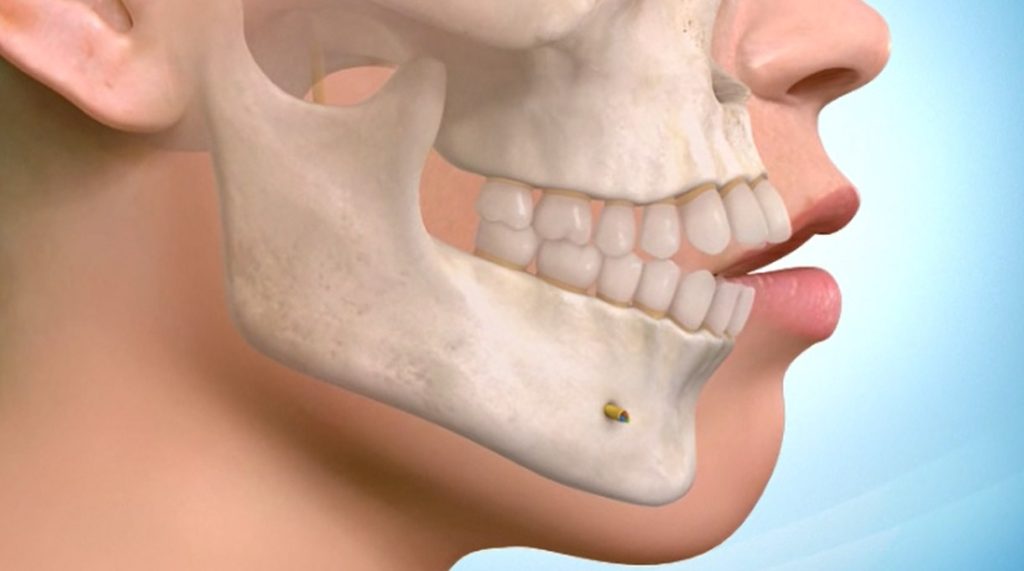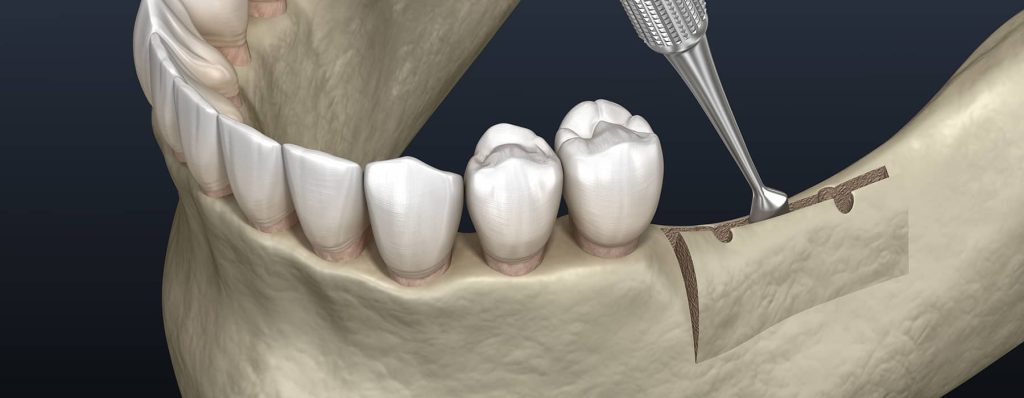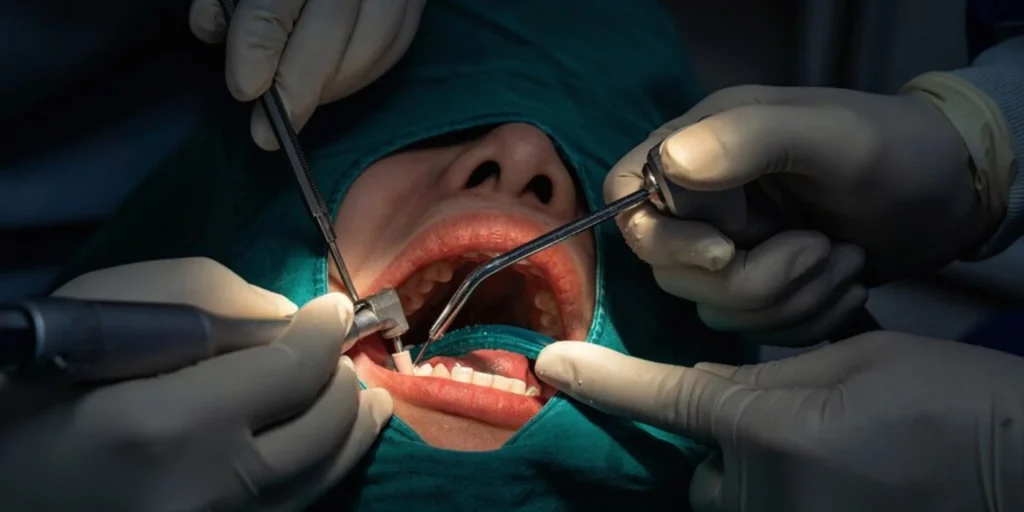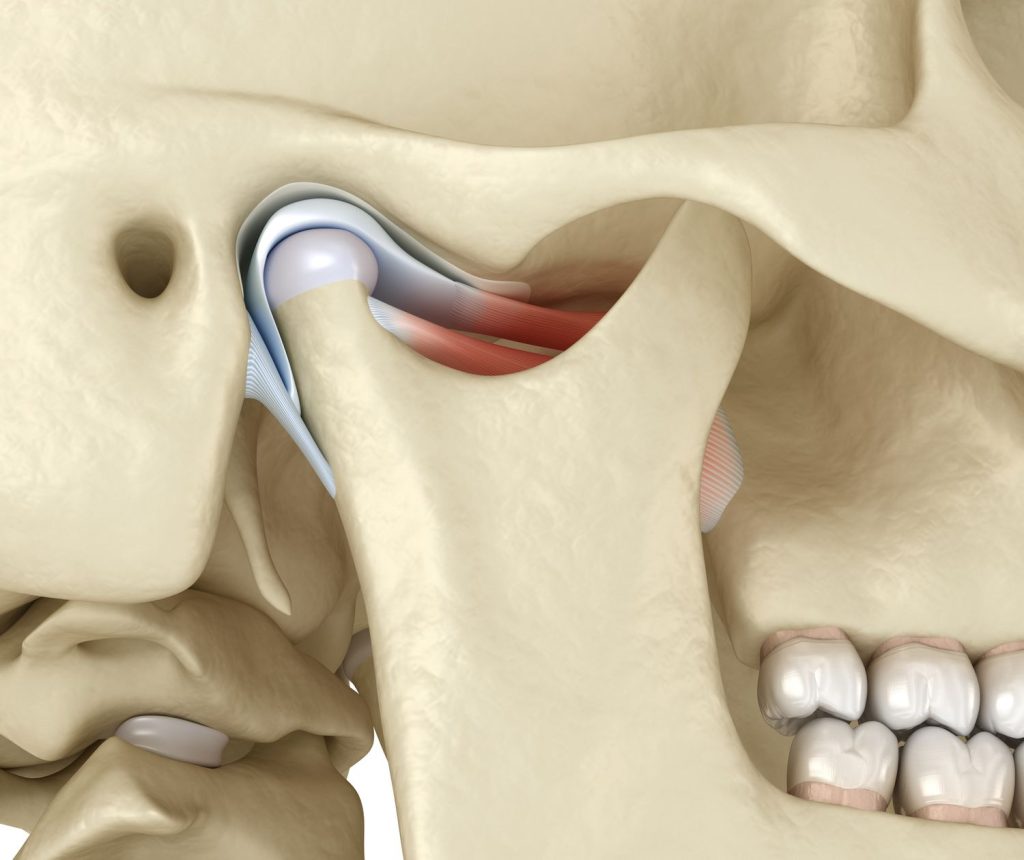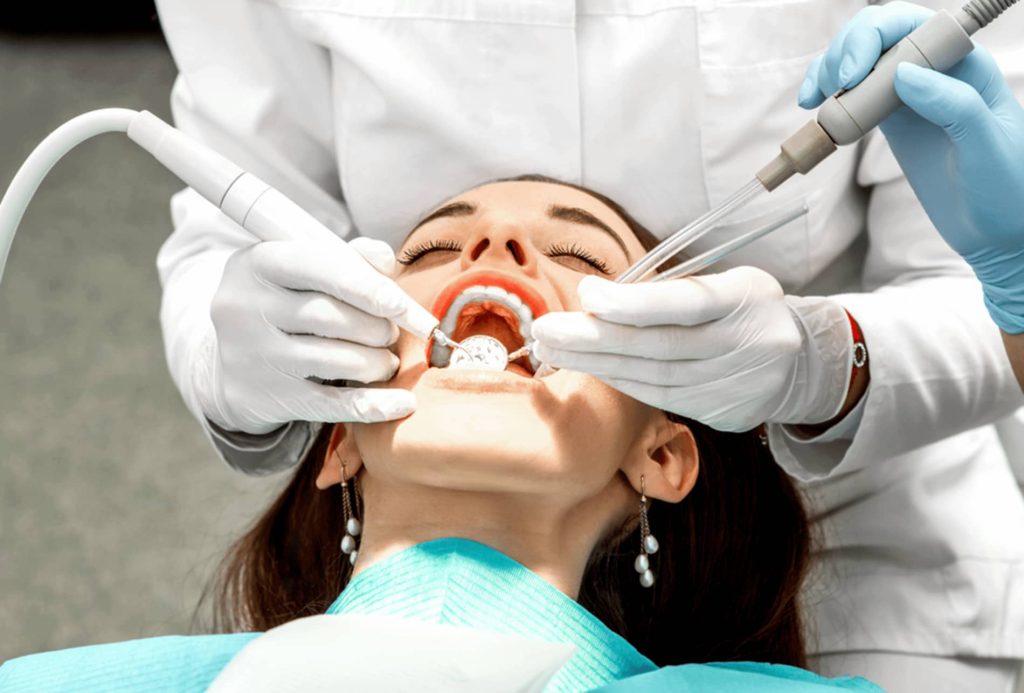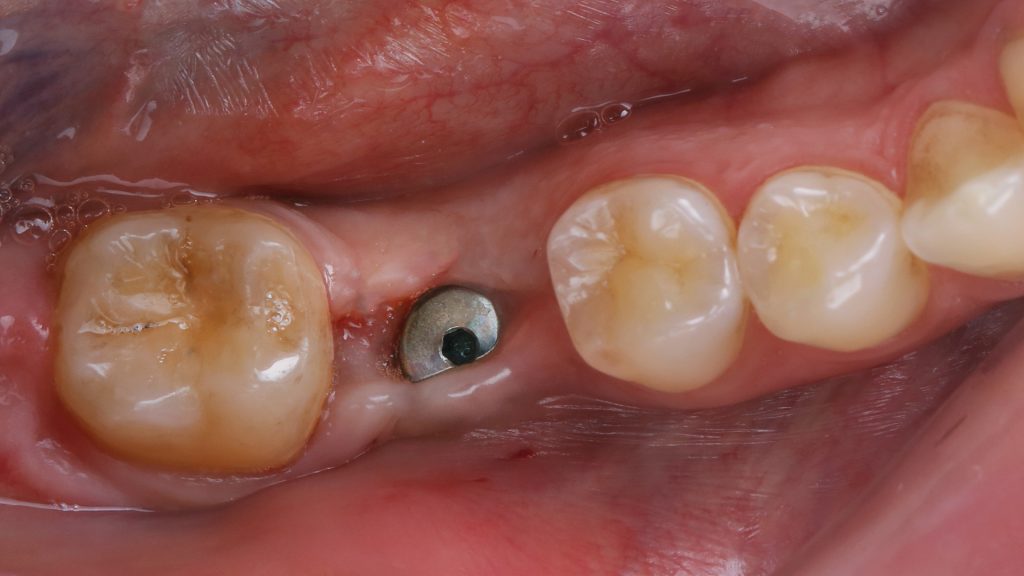What does an Oral and Maxillofacial Surgeon do?
When it comes to complex dental and facial problems, oral and maxillofacial surgeons are the unsung heroes. This specialty may not be as well known as others, but the impact these surgeons have on patients’ lives is enormous. Let me share what makes this field fascinating and necessary and how these surgeons work wonders.
What Exactly Do They Do?
Oral and maxillofacial surgeons deal with a wide range of conditions affecting the mouth, jaw, face and neck. They are like architects of facial structure, correcting everything from impacted teeth and jaw misalignments to facial trauma and tumors. Because their extensive training includes both dental and medical training, they have a unique skill set to perform complex surgeries.
Common Procedures
One of the most common procedures they perform is the removal of impacted wisdom teeth. This may sound routine, but it can be quite complex, especially if the teeth are deeply embedded in the jaw. They also perform corrective jaw surgery to correct bite problems and facial asymmetries, which can greatly improve the patient’s quality of life.
Handling Trauma with Precision
Trauma cases are another important aspect of their work. Accidents can lead to serious facial injuries and oral and maxillofacial surgeons are crucial in reconstructing these areas. They work meticulously to repair broken bones and damaged tissues, allowing the patient to regain both function and appearance. In other words, they perform miracles.
Balancing Function and Aesthetics
Harmonizing Function and Beauty
This specialty is unique because it balances functional and aesthetic outcomes. For example, when treating jaw issues, the goal is not just to correct the bite but also to enhance facial harmony. A patient who undergoes corrective jaw surgery often notices improved facial balance and a boost in self-esteem. The dual focus on function and aesthetics makes their work both challenging and rewarding.
The Role of Dental Implants
Dental implants are a game-changing innovation in restorative dentistry and oral and maxillofacial surgeons are at the forefront of this innovation. They surgically place implants into the jawbone, providing a solid foundation for artificial teeth. This procedure not only restores the ability to chew and speak, but also prevents the bone loss that occurs when teeth are missing. According to the American Association of Oral and Maxillofacial Surgeons (AAOMS), dental implants have a success rate of over 95%, making them a reliable option for tooth replacement.
Addressing Sleep Apnea
Sleep apnea is a serious condition that can significantly affect one’s health and quality of life. Oral and maxillofacial surgeons play a vital role in treating this condition. They perform surgeries to remove excess tissue from the throat or reposition the jaw to keep the airway open during sleep. This can dramatically improve sleep quality and overall health.

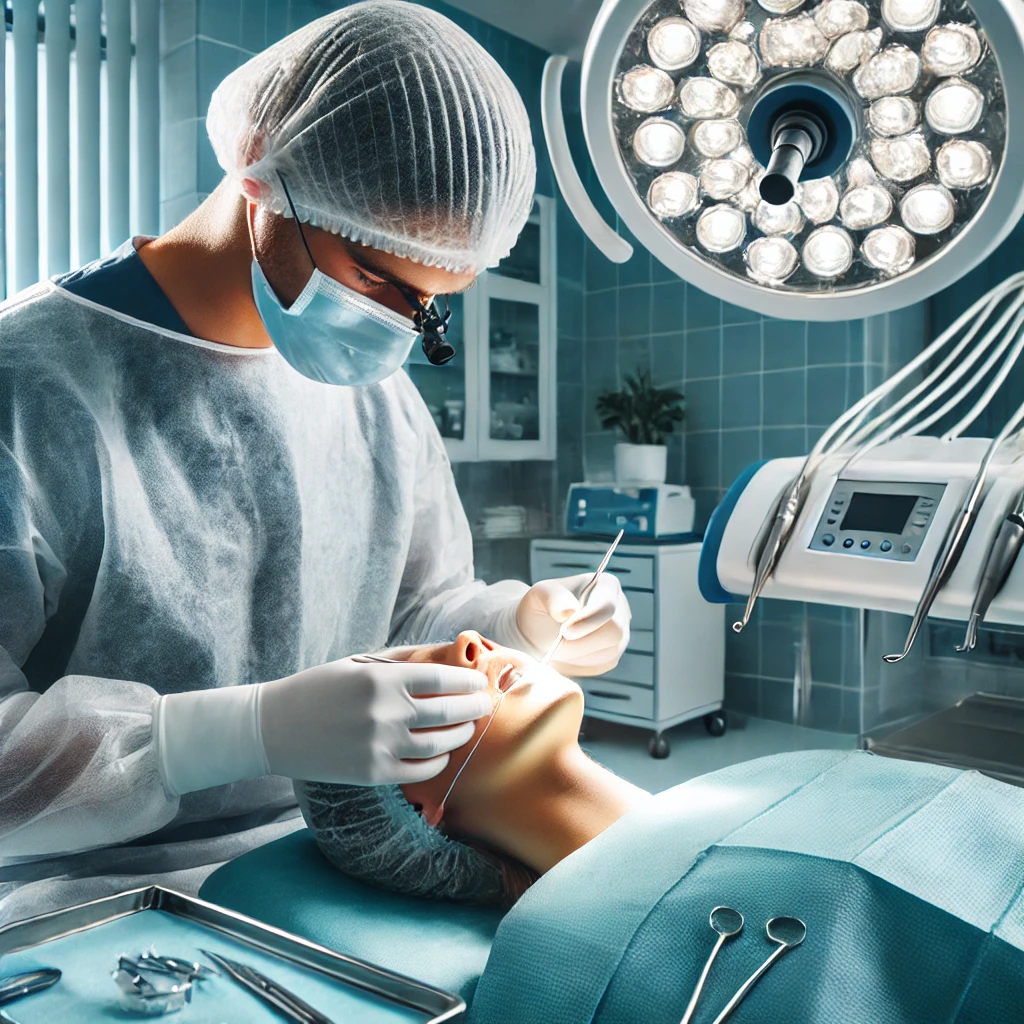


Managing Cysts and Tumors
Another critical aspect of their work is the diagnosis and treatment of cysts and tumors in the oral and maxillofacial region. Early detection and surgical intervention are key to preventing these conditions from becoming life-threatening. The meticulous nature of this work requires a deep understanding of both the structure and function of facial tissues.
Collaborating With Other Specialists
Oral and maxillofacial surgeons often work in close collaboration with other healthcare professionals, including orthodontists, oncologists and ENT specialists. This collaborative approach provides patients with comprehensive care that addresses all aspects of their condition. For example, in cases of complex facial trauma, a team of specialists may be involved to ensure the best possible outcome for the patient.
Blog
Eating Safely After Jaw Surgery: What Works?
Have you ever wondered how everyday eating feels after jaw surgery, when healing depends on patience, texture choices, and careful timing more than appetite or cravings alone? Jaw surgery often[…]
Read moreRisks and Benefits of Orthognathic Surgery
Orthognathic surgery often raises curiosity because it blends functional correction with aesthetic improvement, and understanding its risks and benefits helps patients build realistic expectations while navigating an emotionally complex decision[…]
Read moreCan Oral Surgery Improve Facial Appearance?
Oral surgery can influence facial appearance in visible and subtle ways because jaw alignment, tooth structure, bone position, and soft tissue balance each play a role in shaping the face[…]
Read moreSigns You Might Need a Biopsy in the Mouth
A mouth biopsy becomes important when small but persistent changes raise questions that cannot be answered through a standard clinical exam, and this simple procedure helps clarify what those changes[…]
Read moreWhat Is Alveoloplasty and When Is It Performed?
Alveoloplasty reshapes uneven jawbone so dentures, implants, or surgical closures seat comfortably, lowering sore spots, improving stability, and helping gums heal after extractions. What does alveoloplasty involve? Alveoloplasty is surgical[…]
Read moreUnderstanding the Role of an Oral Surgeon
The field of Oral and Maxillofacial Surgery (OMS) is often narrowly perceived by the public, frequently reduced in common conversation to merely the extraction of wisdom teeth or the complex[…]
Read moreHow to Manage Pain After Jaw Surgery Effectively
Undergoing orthognathic surgery, more commonly referred to as jaw surgery, is a significant undertaking that requires careful planning, not only for the procedure itself but for the inevitable and often[…]
Read moreDo You Need Sedation for Oral Procedures?
A decision about the necessity of sedation for any oral procedure is rarely a simple, one-size-fits-all matter; instead, it represents a careful negotiation between a patient’s unique physiological and psychological[…]
Read moreHow Long Does a Dental Implant Procedure Take?
The process of securing a dental implant, which is the titanium post meant to mimic a tooth root, is not a single appointment procedure that one walks in and out[…]
Read more

